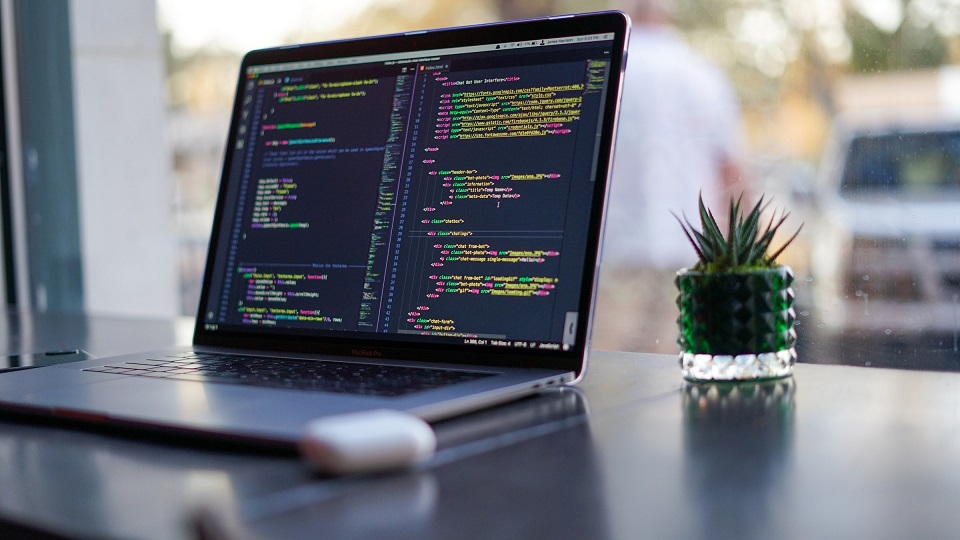Coding is often a collaborative task where a team within an organization is entrusted with the responsibility to code and develop a feature. While it’s okay to write code as you want while studying as you are the only one contributing to and reviewing it, the case in a team is different.
In a team, it might happen that a few employees are working on a code together, while another few might be responsible for reviewing it. So, it becomes essential for everyone to understand the code without needing much effort. It is where the application of having a clean code comes into existence.
Clean code is nothing but the ability to write easily understandable and maintainable code, enabling you to communicate your code with other developers as clearly and precisely as possible. Here are the points to keep in mind while trying to write a clean code.
- Use Related Variable Names
Any variable name used in the code should be self-explanatory. It should indicate what value it stores, and if it is used frequently in the code, it should be kept short and try not to include too many characters in it. Keeping the names simple makes recalling easier and saves time while using the variable, debugging, and code reviews.
Another tip is to use pronounceable words or using mnemonics in place of long variable names. As a benefit, it increases the code reading efficiency.
- Adding Comments
In Coding, you have multiple ways to solve the problem statement, and everyone has their preferences. It is better to comment out a sentence in short alongside the code stating what you are doing to let others know about your thoughts.
While being to-the-point descriptive in your comments is a good idea, many new coders take this very seriously and comment out every line description. While it’s great for understanding, it’s nothing but noise-incorporated codes. Try to be precise, short, and at the same time explain what you are doing in the comments only when you think other coders might be confused looking at your code.
- Take Care of Your Functions
Functions form an important part of your code, and you need to follow guidelines to ensure you don’t make them a mess. Keep the functions small and ensure that they are doing only one specific task. Try to use fewer arguments and prevent yourself from using flag arguments too often.
Try avoiding function overriding and function overloading as much as possible. A concept of OOPs is “Don’t Repeat Yourself” and making only one function for doing a task works best rather than making multiple functions with different arguments and variable names. In such cases, function overloading should be given priority.
- Provide Proper Spacing
Spacing is essential while writing a clean code. Proper spacing and orientation make the code look elegant and classy. At the same time, it makes reading pleasant for the eyes. However, one shouldn’t misuse spacing and insert numerous spaces between lines that may cause hindrances while reviewing. A gap of a single line between blocks of code works the best.


















